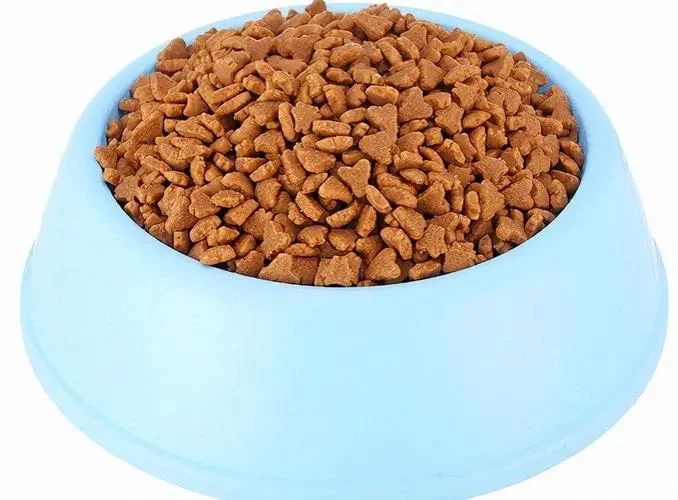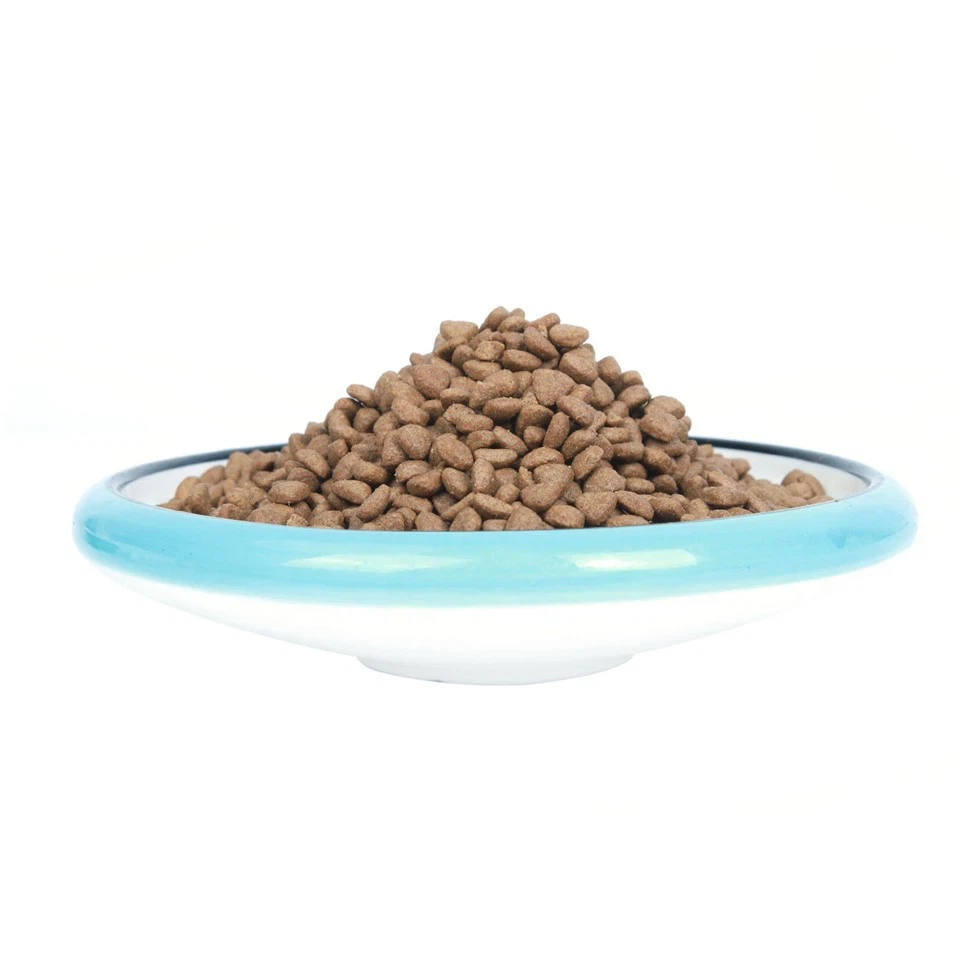Overeating in cats can be a concerning issue for pet owners, and as a cat food supplier, I understand the importance of addressing this problem effectively. In this blog, I'll explore the best ways to handle a cat that overeats cat food, considering both the cat's health and the appropriate feeding strategies.
Understanding Why Cats Overeat
Before diving into solutions, it's crucial to understand why cats might overindulge in their food. There are several reasons that could lead to this behavior.
Medical Conditions: Certain health problems like hyperthyroidism or diabetes can cause increased appetite in cats. Hyperthyroidism speeds up the cat's metabolism, making them feel constantly hungry. Diabetes, on the other hand, can prevent the body from properly using glucose for energy, leading to a voracious appetite. If you suspect a medical issue, it's essential to take your cat to the vet for a proper diagnosis and treatment.
Boredom and Stress: Cats, like humans, may turn to food for comfort when they are bored or stressed. A lack of mental and physical stimulation can lead them to seek satisfaction through eating. For example, if a cat is left alone for long periods without any toys or activities, they might find the food bowl an appealing source of entertainment.
Feeding Habits: Free - feeding, which means leaving food out all day for the cat to graze on, can contribute to overeating. Cats don't have the same self - control as humans, and having constant access to food can lead them to consume more than they need. Also, inconsistent feeding schedules can make cats anxious and more likely to overeat when food is available.
Best Ways to Handle an Overeating Cat
1. Consult a Veterinarian
The first step is to rule out any underlying medical conditions. A vet can conduct a thorough physical examination, run blood tests, and check for other health issues. Once a medical cause is excluded, the vet can also provide advice on the appropriate amount of food for your cat based on its age, weight, breed, and activity level.
2. Establish a Feeding Schedule
Instead of free - feeding, set specific meal times for your cat. Divide the recommended daily amount of food into two or more small meals. For example, you can feed your cat in the morning and evening. This helps regulate their eating patterns and prevents them from overindulging. Consistency is key here, so try to feed your cat at the same times every day.
3. Control Portion Sizes
Use a measuring cup to ensure you are giving your cat the correct amount of food. Overestimating the portion size can easily lead to overeating. You can refer to the feeding guidelines on the cat food packaging, but keep in mind that these are general recommendations and may need to be adjusted based on your cat's individual needs.
4. Choose the Right Cat Food
As a cat food supplier, I know that the quality of cat food matters. Look for high - quality cat foods that are rich in protein and low in fillers. High Protein Cat Food Factory offers a range of products that can provide your cat with the essential nutrients it needs without excessive calories. Protein is important for cats as it helps maintain their muscle mass and keeps them feeling full for longer.
Also, consider the type of cat food. Pellet Cat Food Factory produces pellet - style cat food, which can be a good option as it is formulated to meet the nutritional requirements of cats. Baked Cat Food is another choice that is often made with high - quality ingredients and can be more palatable for some cats.
5. Provide Mental and Physical Stimulation
To prevent boredom - related overeating, make sure your cat has plenty of toys and activities. Interactive toys like puzzle feeders can make mealtime more engaging. These toys require the cat to work for its food, which not only provides mental stimulation but also slows down the eating process. You can also play with your cat regularly using toys like feather wands or laser pointers to keep them active.
6. Monitor Your Cat's Weight
Regularly weigh your cat to track its progress. If your cat is still overeating despite your efforts, you may need to further adjust the portion sizes or consult your vet again. A healthy weight is crucial for your cat's overall well - being, as obesity can lead to various health problems such as joint issues, diabetes, and heart disease.


Working with a Cat Food Supplier
As a cat food supplier, we understand the challenges that pet owners face when it comes to feeding their cats. We offer a wide range of high - quality cat foods that are formulated to meet the nutritional needs of cats at different life stages. Our products are made with the best ingredients and undergo strict quality control measures to ensure their safety and effectiveness.
If you are a pet store owner, a breeder, or simply looking to purchase cat food in bulk, we can provide you with competitive pricing and excellent customer service. Our team of experts can also offer advice on choosing the right cat food for your specific needs. Whether you are dealing with an overeating cat or just want to provide the best nutrition for your feline friends, we are here to help.
If you are interested in learning more about our products or would like to discuss a potential business partnership, please feel free to reach out. We are always open to new opportunities and look forward to working with you to provide the best cat food solutions.
Conclusion
Handling a cat that overeats requires a combination of medical attention, proper feeding strategies, and environmental enrichment. By understanding the reasons behind your cat's overeating and implementing the right solutions, you can help your cat maintain a healthy weight and live a long, happy life. As a cat food supplier, we are committed to providing high - quality products and support to pet owners and businesses alike. If you have any questions or would like to explore our product range, don't hesitate to get in touch.
References
- "Feline Obesity: A Growing Problem." American Veterinary Medical Association.
- "Nutritional Requirements of Cats." Journal of Feline Medicine and Surgery.
- "Managing Your Cat's Weight." The Cat Fanciers' Association.
